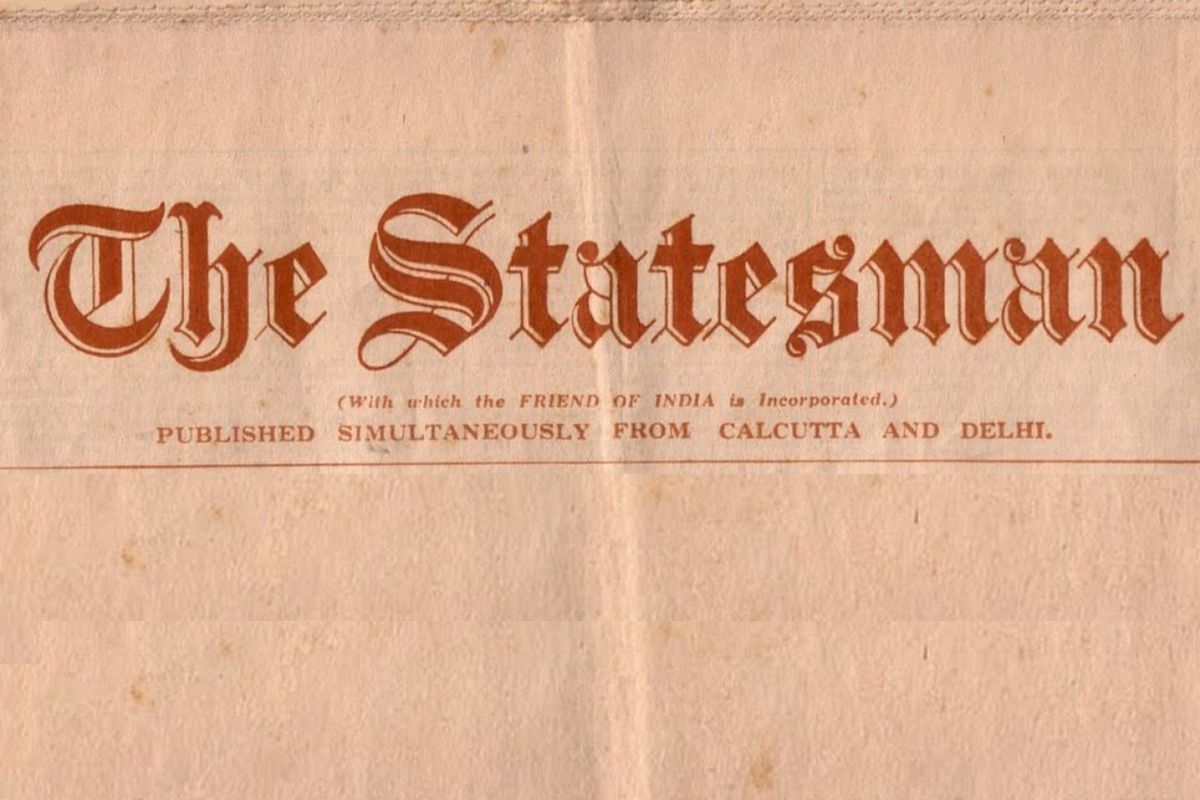OCCASIONAL NOTE
The death is announced of Mr. James Monro, C.B., formerly Chief Commissioner of the Metropolitan Police. Born in 1838, the son of an Edinburgh solicitor, he joined the Bengal Civil Service in 1858, and served as magistrate, civil and sessions judge, inspector-general of police, and Commissioner of the Presidency Division. He became Assistant Commissioner of the Metropolitan Police in 1884, and Chief Commissioner in 1888. Resigning in 1890, he returned to Bengal, and then did the best thing of his life and one of the best things ever done in this country by founding the Ranaghat Medical Mission. The Mission was visited the other day by the Maharaja of Burdwan in his official capacity, and on that occasion the Medical Superintendent, Dr. H.E. Flint, gave a review of its work which showed how the institution has developed, how excellent and widespread is the work which it is accomplishing, and what capacities for further usefulness it possesses. The Mission was taken over by the Church Missionary Society when Mr. Monro finally retired from India, and under the auspices of the Society it has reached its present stage of development; but it will always remain the best possible memorial of the veteran public servant who at the end of a busy official career in Bengal and in London found this beneficent mode of rendering a lasting service to the land of his adoption.
Advertisement
A TORONTO MYSTERY
Considerable interest is manifested in the fate of Mr. Ambrose Small, of Toronto, a prominent Canadian theatrical manager, owner of a string of theatres and a leading sportsman, who disappeared early in December shortly after receiving a million dollars, the first payment on a deal in which he sold all his theatrical interests to Transcanada Theatres Limited, a new theatrical combination with its headquarters at Montreal. Mr. Small shortly afterwards disappeared, leaving his accounts correct and very large cash deposits in banks, in addition to the million dollars whish was untouched. Mr. Small’s solicitor advances the theory that he was attacked by footpads in a lonely part of the outskirts of Toronto and killed and his body hidden, but the fate of the millionaire theatrical manager is a complete mystery.
MILLION POUNDS FOR A HOUSE
Witley Court, the magnificent Worcestershire Mansion, belonging to the Earl of Dudley, has just been sold. The purchase price is understood to exceed pound 1,000,000. The Witley estate was bought by the late Lord Dudley in 1839 from the fourth Lord Foley for pound 890,000 and he afterwards spent quite half a million in remodelling and enlarging the house and laying out the Italian gardens. The gardens, which occupy ten acres, contain some beautiful fountains by Nesfield. The park, which is very picturesque, is noted for the immense size of its oak trees. One feature of Witley Court is that a gallery connects the house with the parish church. The other great houses have also either been sold or are about to be disposed of. The Duchess of Marlborough’s Sunderland House, the Duke of Sutherland’s Portman Square house.
STANDARD CLOTH
The report of Mr. Noyce, Controller of Cotton Cloth, is published today. It says that the fall in the price of ordinary cloth, which had commenced in September 1918, immediately after the intention of Government in regard to cloth control was made public, has been accentuated by other factors, namely, the announcement that a tax would be levied on excess profits, fall in the price of raw cotton, prospects of peace, and diminished purchasing power of the people resulting from the influenza epidemic and unfavourable agricultural conditions in various parts of the country. Three weeks after the armistice was signed the price of cloth touched the lowest point, and the Controller’s advisory committee favoured an indefinite postponement of the manufacture of standard cloth, a decision which was approved by the Government of India.
DEFRAUDING TRADESMEN
Lucknow tradespeople had a visit by an individual calling himself Captain R.H. King, who, between 24th December, 1919, and 12th January, 1920, patronised local jewellers and motor companies and obtained valuables, tendering in payment worthless cheques. The accused was arrested at an hotel in Cawnpore with a part of the property, as he had disposed of the major part locally, which was also traced and recovered, amounting in all to Rs 6,000. The accused was put up before the City Magistrate and stated that he was an American, but waived his right to be tried as such. He was convicted under Sections 419 and 420, I.P.C., to eight months’ rigorous imprisonment for each of the three charges, the sentences to run consecutively











